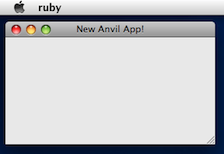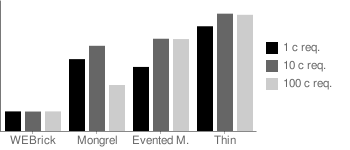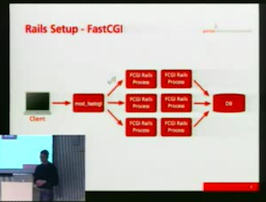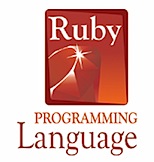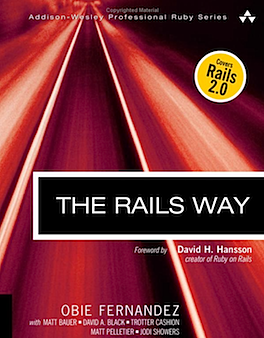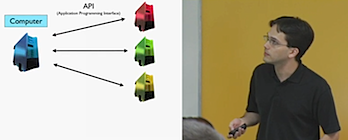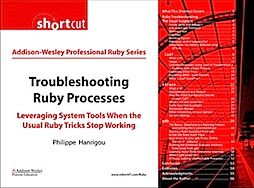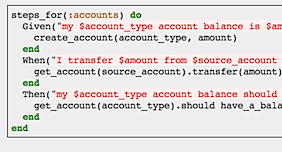
Skynet is a new Ruby implementation of Google’s MapReduce mechanism developed by Adam Pisoni. Rubyists may already be familiar with the more established Starfish by Lucas Carlson. I must confess that while Starfish’s examples make immediate sense to me, without even needing to try the library, Skynet’s are a little more focused on the interface of the library rather than how you actually put the backend mechanisms / algorithms together, but as a new library it’s worth a look. Read More







